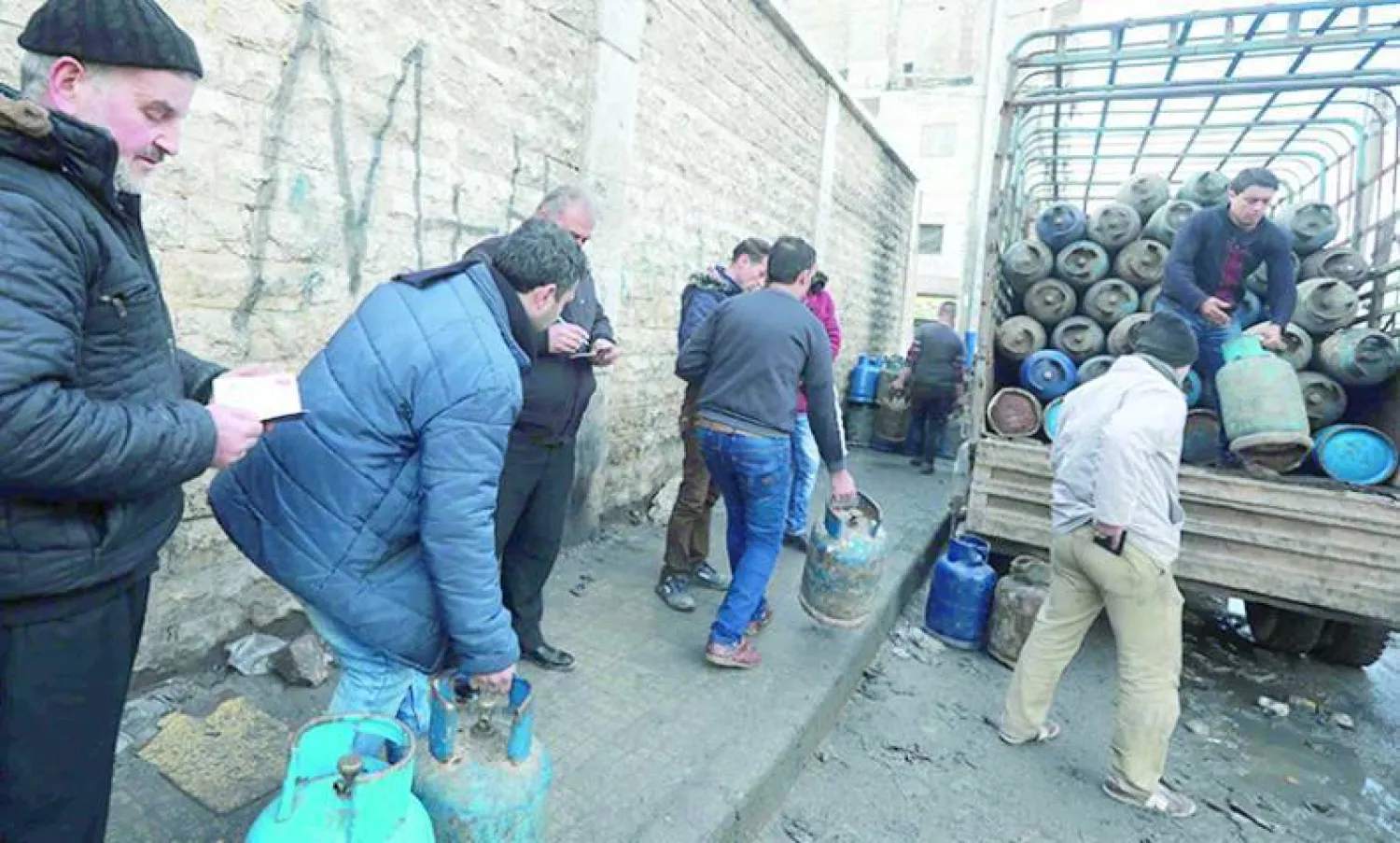The Syrian government is facing mounting criticism, especially following decisions to raise gasoline prices and lift subsidies on fuel needed for transportation, which automatically results in an increase in commodity prices.
These government moves have become known as “late-night decisions,” which make people wake up to a wave of rising prices and higher inflation.
After three decisions to raise the price of gasoline in less than a month, accusations were pointed at the government for exacerbating the people’s sufferings.
In his article on the Sham FM Radio website, economic journalist Ziad Ghosn said that government moves to raise prices “are not based on integrated national economic policies,” describing the current cabinet as being “incapable of managing the economic file except through improvised and random decisions.”
Ghosn said that the government’s approach leads to higher “rates of hyperinflation in the country and causes a further deterioration in the productive and living conditions.”
The government places full responsibility for the deteriorating economic situation on the international sanctions, especially the Caesar Act, which was imposed in 2020 and saw the beginning of the rapid repercussions of the economic collapse.
The former Minister of Internal Trade, Omar Salem, accused the government of turning “people into thieves,” and said in an interview with a local radio that the price of gasoline will continue to rise to become equivalent to the international price of 90 octane.
Salem’s radio talk was preceded by a post on his Facebook account in which he revealed that the amounts stolen from petroleum derivatives are equal to or greater than the savings achieved from raising their prices. He noted that “subsidizing the commodity is a major gateway to corruption and dysfunction,” pointing to other factors that are no less dangerous, causing corruption and waste amounting to trillions of liras.
Government’s ‘Late-Night Decisions’ Exacerbate Syrians’ Suffering

Distribution of gas canisters in Damascus (Asharq Al-Awsat)

Government’s ‘Late-Night Decisions’ Exacerbate Syrians’ Suffering

Distribution of gas canisters in Damascus (Asharq Al-Awsat)
لم تشترك بعد
انشئ حساباً خاصاً بك لتحصل على أخبار مخصصة لك ولتتمتع بخاصية حفظ المقالات وتتلقى نشراتنا البريدية المتنوعة







